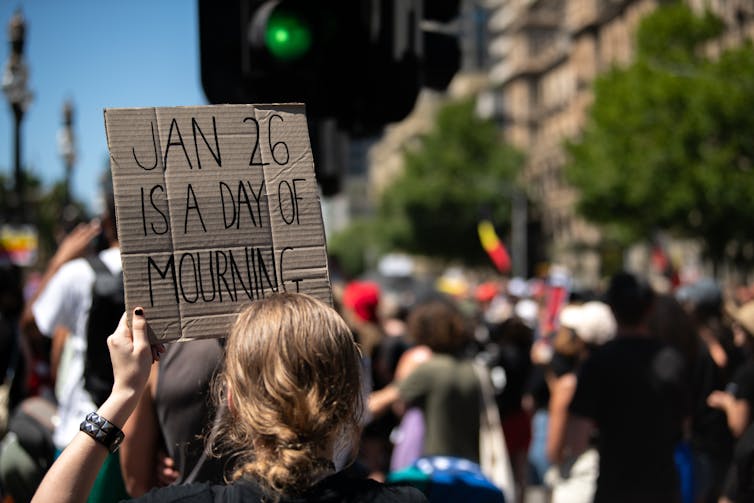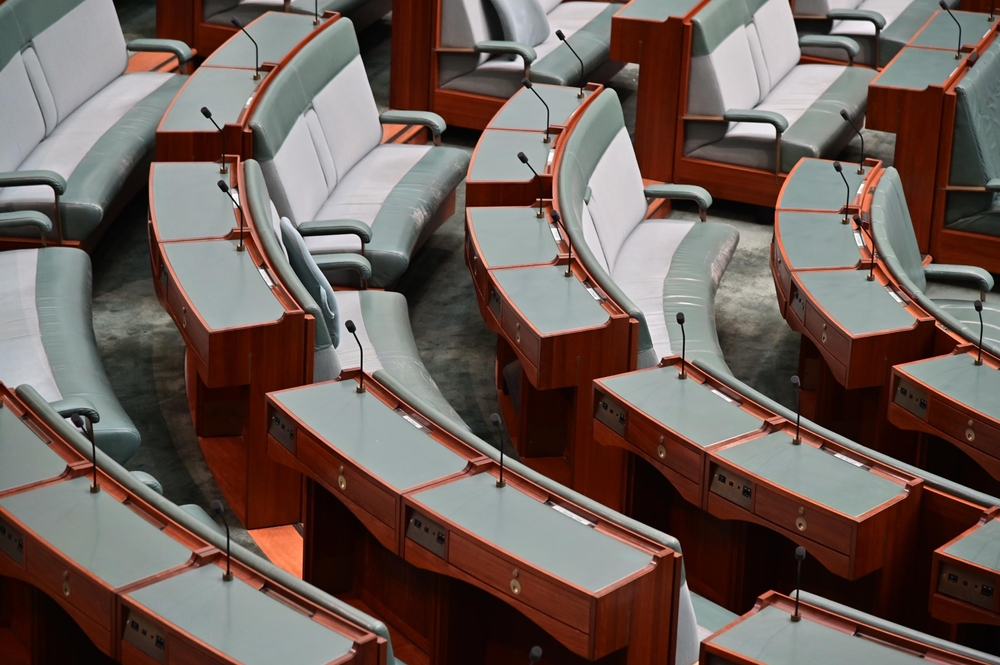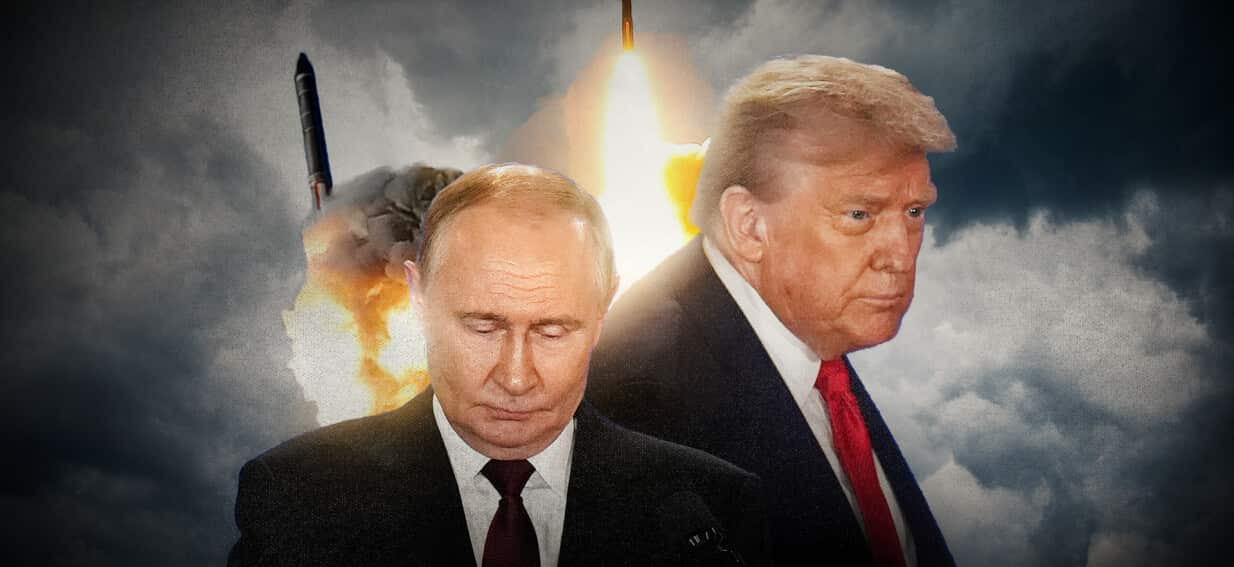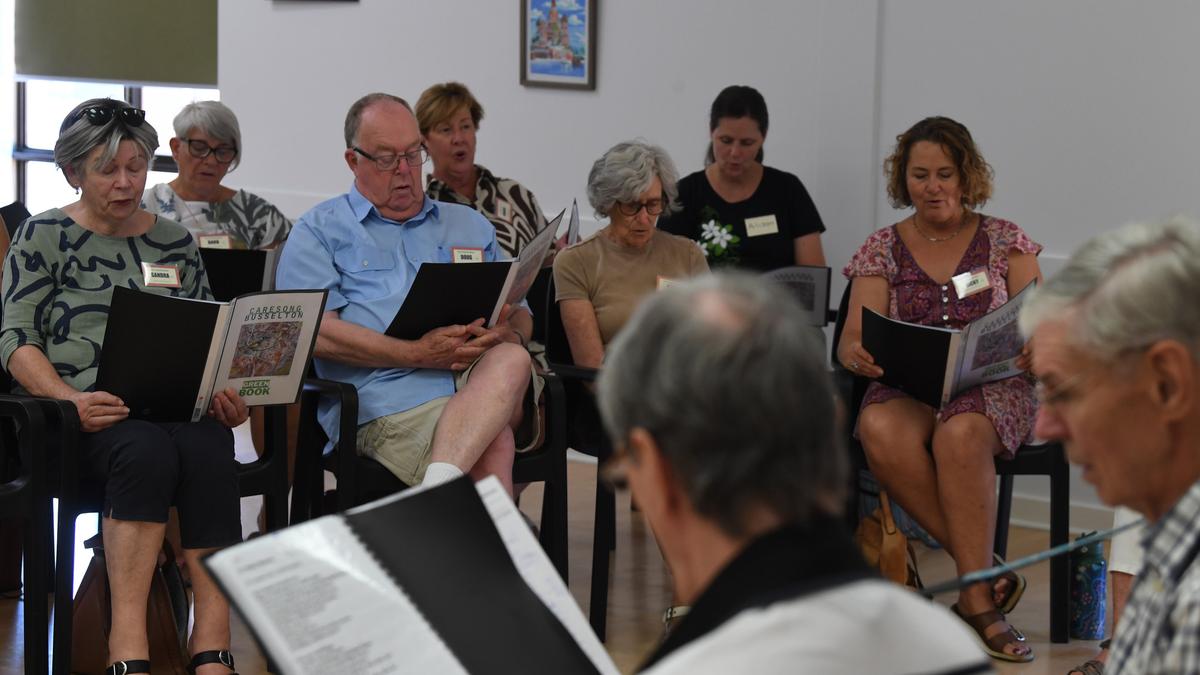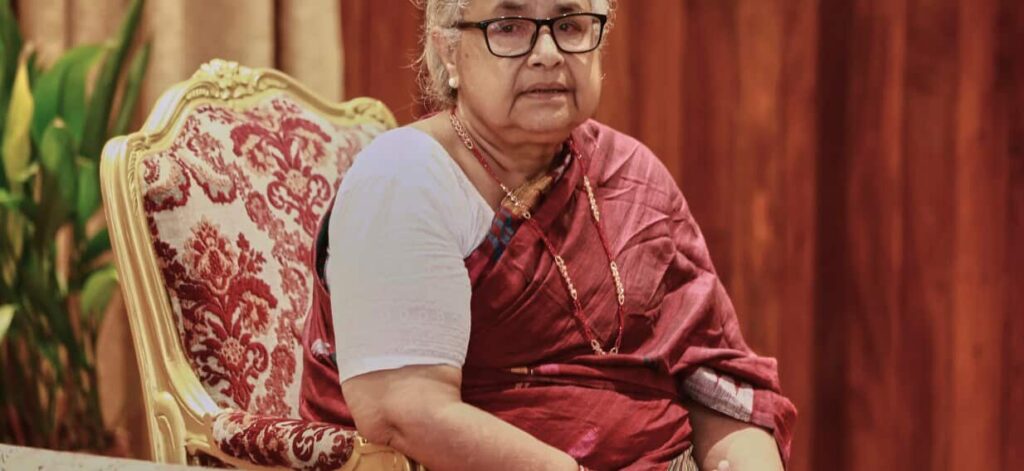
Nepal’s President Ramchandra Paudel has dissolved parliament and announced plans for new elections on March 5, 2026. This decision follows a week of intense protests that resulted in the appointment of the country’s first female prime minister, Sushila Karki. The unrest, which led to significant violence and public outcry, ultimately forced the resignation of former Prime Minister KP Sharma Oli.
In a statement from the president’s office, it was confirmed that the House of Representatives has been dissolved. Karki’s appointment came after two days of negotiations involving Paudel, army chief Ashok Raj Sigdel, and leaders of the protests. The demonstrations, triggered by anti-corruption issues, resulted in at least 51 fatalities and over 1,300 injuries.
Political Turmoil and New Leadership
The protests were initially ignited by a controversial social media ban that has since been lifted. Following the resignation of Oli on Tuesday, tensions in the country began to ease, allowing some return to normalcy. Shops reopened and police transitioned from using firearms to batons in their efforts to maintain order.
Karki, a former chief justice, is recognized for her commitment to integrity and the establishment of an independent judiciary. Her selection was notably supported by young activists via the online platform Discord, where they expressed their confidence in her ability to lead the interim government until the elections.
In a show of solidarity, Indian Prime Minister Narendra Modi extended congratulations to Karki, emphasizing India’s commitment to the peace and stability of Nepal. He stated, “Heartfelt congratulations to the Honourable Sushila Karki Ji on assuming the office of Prime Minister of Nepal’s interim government. India is fully committed to the peace, progress, and prosperity of Nepal’s brothers and sisters.”
The Path Ahead for Nepal
Nepal has faced ongoing political and economic challenges since the abolition of its monarchy in 2008. The turmoil has driven many young citizens to seek opportunities abroad, exacerbating the nation’s economic difficulties. As the new interim government takes shape, Karki has indicated that her primary focus will be on facilitating the upcoming elections and addressing the issues that prompted the protests.
Public sentiment remains mixed as the country navigates this transitional phase. Many citizens, including members of the diaspora, have expressed dismay over the recent violence and political instability. As Nepal continues to recover from the upheaval, the upcoming elections will be critical in shaping the country’s future direction.
With the appointment of Karki, there is a renewed hope for stability and progress. The nation now looks towards the elections in March 2026, with the hope that they will bring about necessary reforms and restore public trust in the government.

